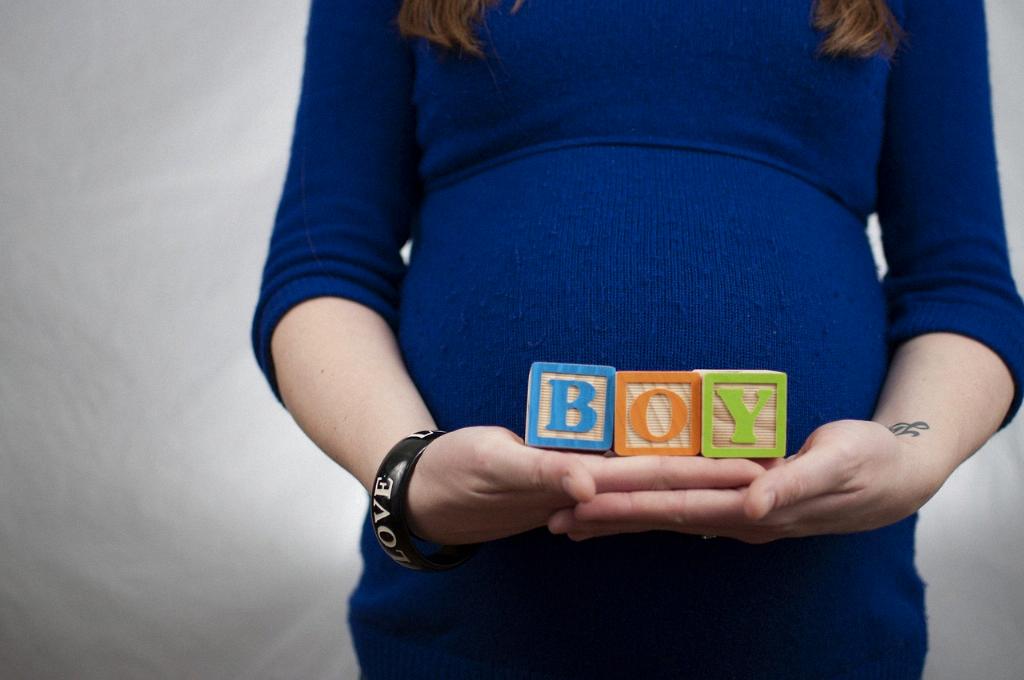During pregnancy, it’s quite common for women to experience an increase in appetite. This heightened sense of hunger can be attributed to the various changes that your body undergoes as it nurtures and supports the growth of a new life.
Metabolic Changes
One of the primary reasons why you may find yourself constantly hungry during pregnancy is due to the increase in metabolic rate. Your body is working hard to support the development of the fetus, which requires extra energy and nutrients.
Hormonal Influences
Hormones play a crucial role in regulating appetite and metabolism during pregnancy. The production of hormones such as estrogen and progesterone increases significantly, which can impact feelings of hunger and fullness.
Nutrient Demands
Your body requires additional nutrients during pregnancy to support the growth and development of the baby. This increased demand for essential vitamins, minerals, and macronutrients can trigger feelings of hunger as your body seeks to replenish its reserves.
Fluid Retention
Fluid retention is a common occurrence during pregnancy, leading to increased blood volume and swelling. This can also contribute to feelings of hunger, as your body works to maintain proper fluid balance.
Emotional Factors
Pregnancy is a time of heightened emotions and stress, which can sometimes lead to emotional eating. You may find yourself turning to food for comfort or as a coping mechanism, further contributing to a constant feeling of hunger.
Physical Activity
While staying active is important during pregnancy, physical activity can also increase your caloric needs. If you’re more active than usual, your body may signal for more food to fuel these activities, resulting in increased hunger.
Rapid Growth of the Fetus
As the fetus grows rapidly during the later stages of pregnancy, it exerts pressure on your stomach and other organs. This can lead to feelings of discomfort and the need to eat smaller, more frequent meals to alleviate hunger pangs.
Managing Pregnancy Hunger
To cope with constant hunger during pregnancy, it’s essential to focus on consuming nutrient-dense foods that provide sustained energy. Opt for whole grains, lean proteins, fruits, and vegetables to satisfy your hunger while meeting your nutritional requirements.
Regular Meal Timing
Establishing a regular eating schedule can help regulate your appetite and prevent excess hunger. Aim to eat small, frequent meals throughout the day to keep your blood sugar levels stable and avoid sudden spikes and crashes in hunger.
Stay Hydrated
Drinking an adequate amount of water is essential during pregnancy. Sometimes thirst can be mistaken for hunger, so staying hydrated can help curb unnecessary snacking and keep you feeling full and satisfied.
Consulting a Healthcare Provider
If you’re concerned about your constant hunger during pregnancy or experiencing extreme hunger that disrupts your daily life, it’s advisable to speak with your healthcare provider. They can offer personalized guidance and ensure you’re meeting your nutritional needs for a healthy pregnancy.
Conclusion
In conclusion, constant hunger during pregnancy is a normal phenomenon that can be attributed to various factors, including metabolic changes, hormonal fluctuations, and emotional factors. By understanding the underlying causes and making mindful dietary choices, you can navigate this period of increased appetite with ease and ensure a healthy pregnancy for you and your baby.

